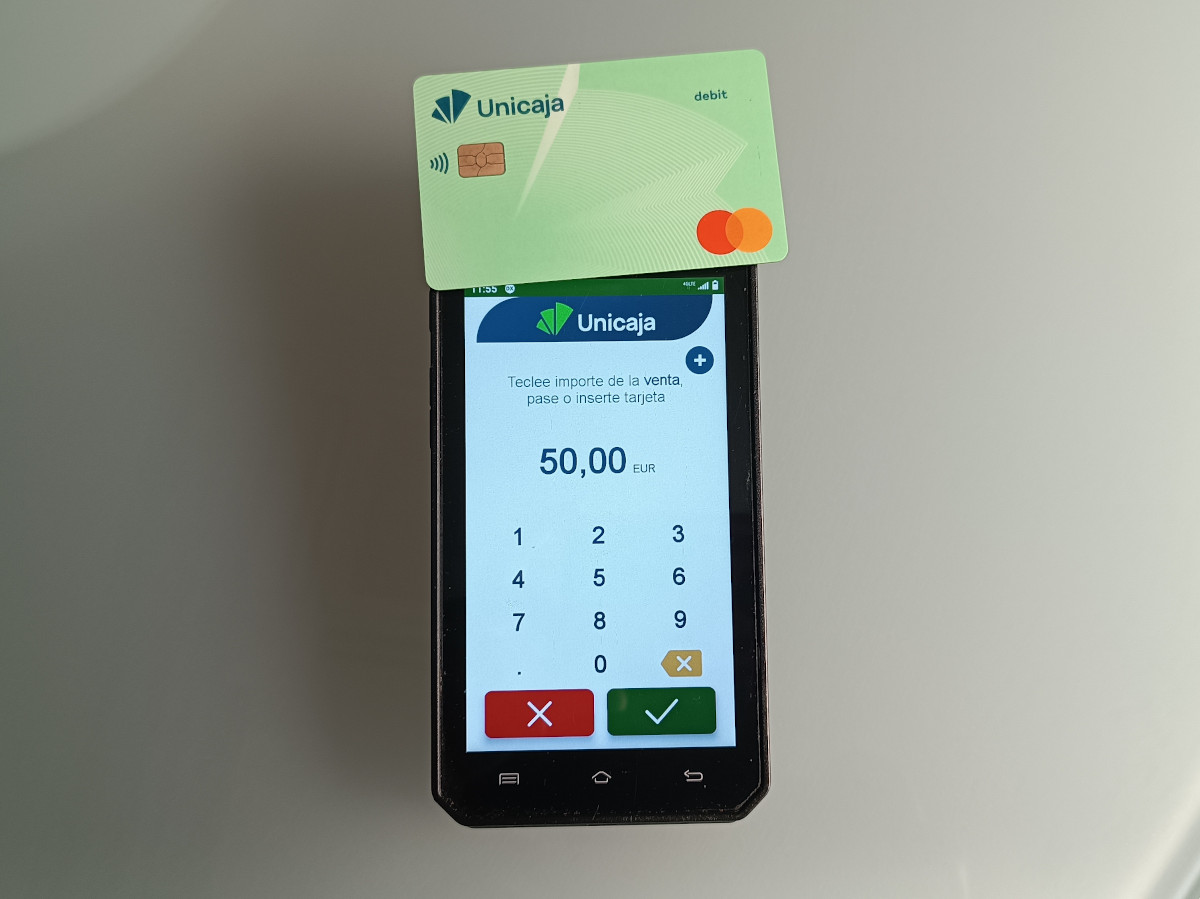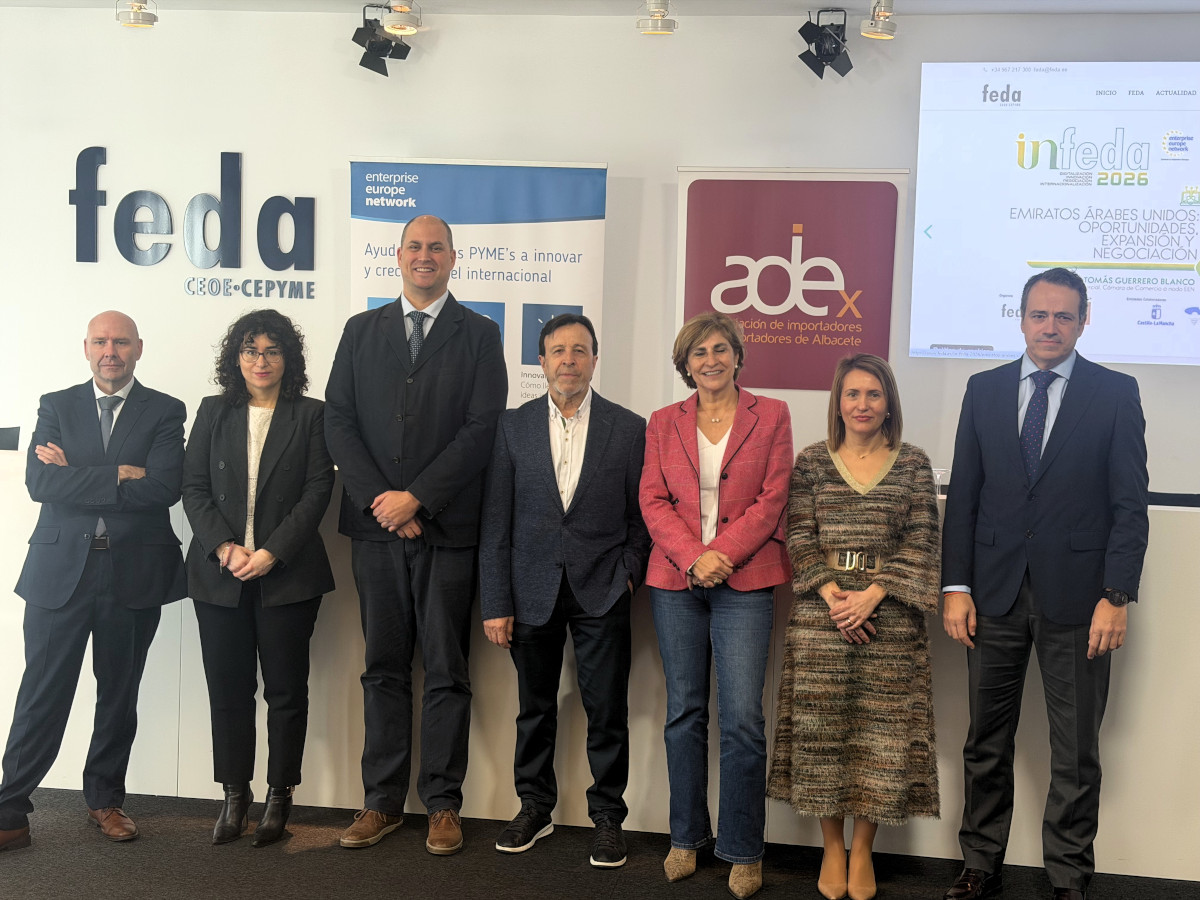In one year, Unicaja has collected and sent for recycling a total of 217,600 credit, debit and prepaid cards (expired or damaged), equivalent to 1.3 tons of plastic. This practice has prevented the emission of 2.4 tons of carbon dioxide into the atmosphere.
These data, corresponding to the 2024 financial year, reflect Unicaja's commitment to sustainability, one of the keys to its 2025-2027 Strategic Plan. One of the bank's objectives in this area is to promote the circular economy (reduce, reuse and recycle) and thus avoid the production of plastic.
Since 2023, Unicaja's newly produced credit, debit and prepaid cards are made of 100% recycled plastic from the automotive industry and from scraps of window and pipe manufacturing.
100% recycled PVC plastic is one of the best alternatives on the market today for reducing the carbon footprint.
Another relevant aspect in reducing this impact is the origin of the products. In this regard, Unicaja also takes this aspect into account and the supplier for the manufacture of its cards has a manufacturing center in Spain.
Therefore, it is important to deposit bank cards that are damaged or expired in branches, so that they can re-enter the economic circle and thus help to reduce the carbon footprint and fight against climate change.
Boosting circular economy
Proper waste management for recycling and recovery is an integral part of the Sustainable Development Goals (SDGs) promoted by the United Nations. Unicaja, as a partner of the Global Compact and in line with SDG 12, promotes sustainable consumption and production patterns.
As part of its sustainability policy, the bank is committed to the development and promotion of environmentally friendly initiatives, minimizing the direct and indirect environmental impact of its activities.
Wide range of cards
The bank also offers a wide variety of cards, suitable for day-to-day use, since they allow multiple transactions, such as cash withdrawals at ATMs and different forms of payment for purchases, both in store and online, thus adapting to the needs of the customer, who is at the center of its activity at all times, and to the organization of its expenses.



